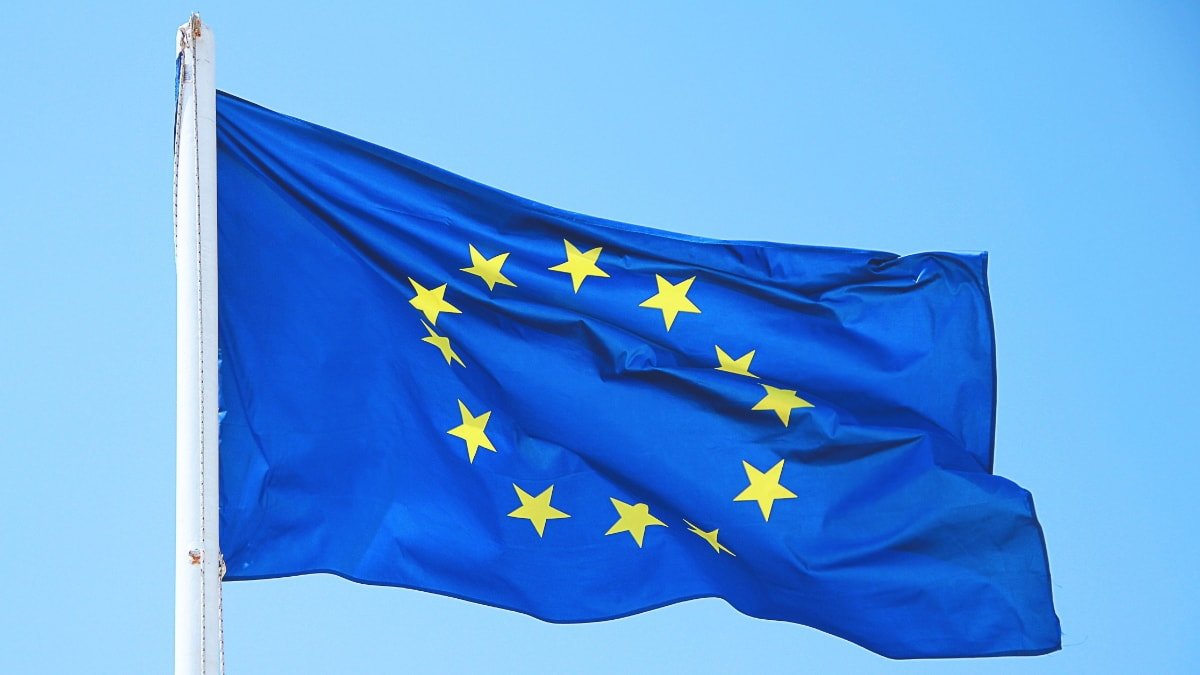The Data Act involves data portability

The European Union has agreed on rules that would make it easier for people to move their data between services, including iCloud.
The European Commission proposed the Data Act in 2022, intending to oversee the data produced by smart devices, machinery, and consumer goods. This initiative forms part of a wider legislative endeavor to limit the influence of major technology companies in the US.
The agreement was reached after seven hours of talks, according to a report from Reuters.
"Tonight's agreement on the Data Act is a milestone in reshaping the digital space," EU industry chief Thierry Breton said in a tweet. "We are on the way of a thriving EU data economy that is innovative and open — on our conditions."
The Data Act
The legislation simplifies moving to alternative data processing service providers, establishes protective measures against unauthorized data transfers by cloud service providers, and supports the establishment of interoperability standards to facilitate the reuse of data across different industries.
Additionally, the Data Act empowers consumers and companies to have a say in determining how the data generated by their related products can be used. However, manufacturers weakened an initiative to compel them to share data with third parties to offer aftermarket or similar data-oriented services.
Under the provisions of the Data Act, Apple would be required to modify iCloud to simplify the process for users to transfer their data to an alternative platform, such as Google's cloud services. For example, while the company has a "Move to iOS" app on Android to migrate data to a new iPhone or iPad, there is currently no equivalent tool, such as a "Leave Apple" app, available to assist users in transitioning away from the Apple ecosystem.
Other legislation
The new Data Act is one of several pieces of legislation from the EU that affects companies like Apple. For example, the government body signed the Digital Markets Act (DMA) and Digital Services Act (DSA) into law in 2022, although they seek to regulate other aspects of the digital sector than the Data Act.
The DMA is designed to regulate "gatekeeper" platforms, which are large tech companies that have significant control over market access in the digital sector. The Act aims to ensure fair competition in the digital market by preventing these gatekeepers from engaging in anti-competitive practices, such as Apple disallowing third-party app stores on its platforms.
That includes practices such as self-preferencing their own services, forcing users to use their services exclusively, or limiting interoperability with other platforms.
Meanwhile, the DSA focuses on regulating online content. It aims to hold larger tech companies accountable for the content on their platforms and requires them to take more responsibility for dealing with illegal content, such as hate speech or counterfeit goods.
The DSA also promotes transparency by requiring platforms to disclose their content moderation policies and the algorithms they use to recommend content to users. This legislation is likely to have a lesser impact on Apple compared to the DMA, as Apple doesn't operate social media platforms.
In summary, while all three acts are part of the EU's digital strategy, they each target different aspects of the digital sector: the Data Act focuses on data governance, the DMA on competition in digital markets, and the DSA on online content regulation.